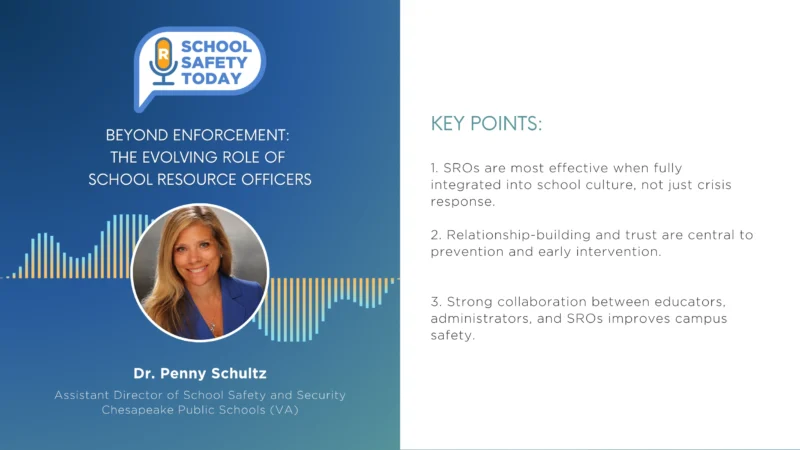KEEPING SCHOOLS OPEN WHEN HEAT OR AC GOES DOWN
School facilities must be comfortable and safe for students to attain the best learning outcomes possible. Yet problems with heating systems or schools built without air conditioning present daunting challenges for leaders at these learning facilities. Too often, administrators are confronted with the choice between forcing students and faculty to endure substandard conditions, or sending students back to homes where instruction, hot meals, and adult supervision may not be available.
Recent headlines have demonstrated the negative impact that failing heat systems or lack of air conditioning can have on student achievement when there is no emergency temperature control plan. This past winter, a New York Times piece reported on conditions affecting many Baltimore city schools where classrooms were so frigid, students had no choice but to attend classes bundled up in coats, hats and gloves.[1] Baltimore Teachers Union President Marietta English called the conditions “unfair and inhumane, to say the least.” According to the district’s CEO, as maintenance workers made repairs in one school, problems would arise in others.
Issues with HVAC in schools are impactful beyond just the coldest days of winter—they also extend to the hot conditions of late spring and early fall. Education news hub The74 ran an exclusive article last summer detailing the impact that a scarcity of air conditioning in some of the largest districts in the United States had on test scores.[2] The article reports that according to Harvard research on Regents state exam scores, “students score lower on tests taken on very hot days and have a harder time learning overall during school years with higher-than-average temperatures.” Harvard’s data indicates that students were 12% more likely to fail Regents tests if they were taken on a 90° day rather than a 72° day, and were 2% less likely to earn a high school diploma. With graduation rates and more at stake, schools need better access to short-term temperature control solutions.
The Irish National Teachers Organization recommends that when classroom temperatures drop below 16°C (or about 60°F), students should be assembled in an alternative space for the day, such as a gym. Further, if heating cannot be provided before the following day, students should be told to stay home until further notice.[3] Of course, when repairs will take more than just a day or two to complete, schools need fast, reliable backup options.
Extreme temperatures can wreak havoc in a school environment, resulting in poor student behavior, subpar learning and testing outcomes, and even complete shutdowns of school operations. Polygon has the right equipment and expertise needed to keep school doors open when heating or AC systems fail. By utilizing energy-efficient equipment, Polygon can create an optimum climate to keep teachers and students in comfortable, safe learning conditions, ensuring that shutdowns are a thing of the past.
Read more at polygongroup.com









